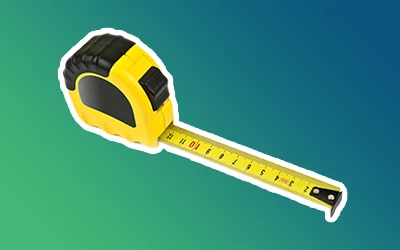
Every entrepreneur intends to be a business and financial success. They focus on meeting market demands, exceeding sales targets, and delivering products and services for the lowest cost consistent with satisfying customer needs. Few entrepreneurs are skilled at financial control or tax planning.Please note, that sentence didn’t read bookkeeping and tax prep. There are big differences between entering items into a piece of bookkeeping software and controlling finances. There are also big differences between completing the end-of-year tax forms, and planning ahead for one or more years to ensure taxes are as low as possible. Let’s take a quick look at 6 mistakes entrepreneurs make; mistakes that the right professional would avoid.
1. Growing Too Quickly
Sales are good, invoices are being paid on time, so it makes sense to reinvest the profits and to keep growing. Adding a product line and breaking into new markets makes sense. But making the company cash-poor, and relying on bank loans to fund the unexpected can be expensive. Weathering a fall in sales, because the original market analysis was faulty, or the whole market takes a downward move can be disastrous.
2. Investing Faster than the Returns
Maximum ROI is essential to a well-run business. Major marketing programs are expensive; speedy returns make that expense worthwhile. Slow returns can damage future activity.
3. Investing Less Than You Should
Here is the alternative mistake. Many startup entrepreneurs hold back on spending, so they lose out on time-saving systems that free up skills to generate efficiencies. The result is that the business grows slower than it should. Poor organization costs time and hurts deadlines.
4. Losing Traction
Traction is about bringing in customers who pay on time – and ensuring they keep paying on time. Focusing on a great new marketing campaign or working overtime to win more sales is what entrepreneurs do. Installing an effective accounting system that monitors accounts receivable, and responds to slow payers maintains traction.
5. Missing Real Opportunities to Deduct, Depreciate and Delay
Keeping taxes low, and minimizing the likelihood of an IRS audit, takes more than planning. It also takes a clear understanding of the tax code as it relates to your business. Learning the code and how best to apply the code takes time and skill.
6. Not Knowing the IRS Standards
Small businesses incur expenses which are tax deductible. Many new entrepreneurs assume they can deduct everything that is to do with the business in some way. This is not true. The IRS has two standards for allowing tax deductible expenditure. The expense must be normal and essential. Spending first and hoping later is not good tax planning – and it can be very expensive.
The Take-Away
Financial planning coupled to forward tax planning not only helps profitability, but it can ensure long-term success. Hiring in a professional to ride shotgun on the new business is as important as having the entrepreneur to drive the business forward.



